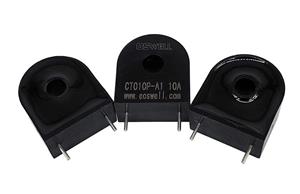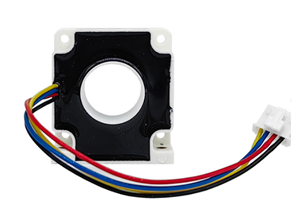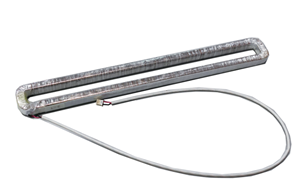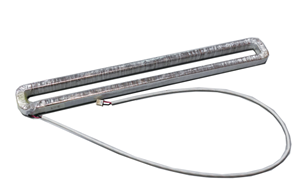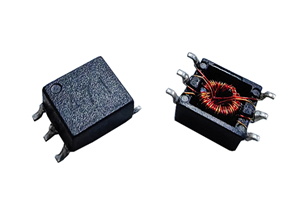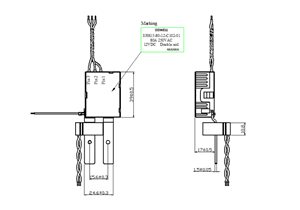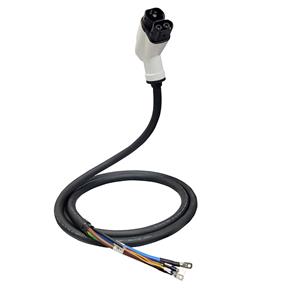A 10A miniature current transformer (CT) is a compact, precision instrument designed to measure alternating current (AC) in low-voltage electrical systems. Unlike traditional CTs, which are often bulky, this miniaturized version is engineered for applications where space constraints and portability are critical, such as in industrial control panels, renewable energy systems, and consumer electronics.
In the realm of industrial automation and power system monitoring, high-precision current transformers (HACTs) play a pivotal role. These devices are non-contact instruments used to accurately measure both AC and DC currents in circuits for reliable operation and data integrity.
Busbar Type Current Transformers, often abbreviated as BTCs, are essential components in modern power systems, offering unique features that set them apart from traditional current transformers.
80A Busbar Type Current Transformer
The 80A Busbar Type Current Transformer (BTC) is a versatile piece of equipment widely employed in power distribution systems and industries worldwide. Designed specifically to monitor current flows through large busbars, it plays a pivotal role in modern electrical installations.
A Current Transformer (CT) for Ground Fault Protection (GFP) is a specialized device that plays a crucial role in electrical safety systems. The structure of a GFP CT is designed to detect and isolate faults in low-voltage or high-voltage electrical networks by monitoring the flow of current.
Ground Fault Protection Current Transformers (GFP CTs), often abbreviated as GFCIs, are essential safety devices in electrical installations. Their primary function is to provide protection against ground faults, which are electrical currents that unintentionally flow through the grounding path instead of intended circuits, posing serious fire and shock hazards.
In the realm of advanced natural language processing (NLP) architectures, the Push-Pull Transformer stands out as a cutting-edge innovation. Born from the fusion of traditional Transformers and novel information exchange mechanisms, this hybrid model breaks away from conventional self-attention paradigms. The core idea is to introduce a push operation that actively shares context-rich representations between encoder and decoder, while a pull mechanism retrieves selective information for improved efficiency.
In the era of Industry 4.0, the integration of magnetic latching relays (MLRs) with current transformers (CTs) is revolutionizing the way we control and manage power systems. These innovative combinations are fostering smart manufacturing and improving overall system efficiency.
Transformers have revolutionized the field of power electronics, transforming the way we transmit and utilize electrical energy. This versatile technology finds application in various sectors, from power distribution to telecommunications.
100A Current Transformer features
The CT104P-B1 is a high-performance current transformer designed specifically for versatile applications in ANSI and IEC meters, as well as monitoring and protection systems. It boasts a Class 1.0 and Class 2.0 compatibility, ensuring exceptional accuracy across various measurement scenarios. With its robustness and stability, the device maintains dependable performance across a wide range of temperatures.

